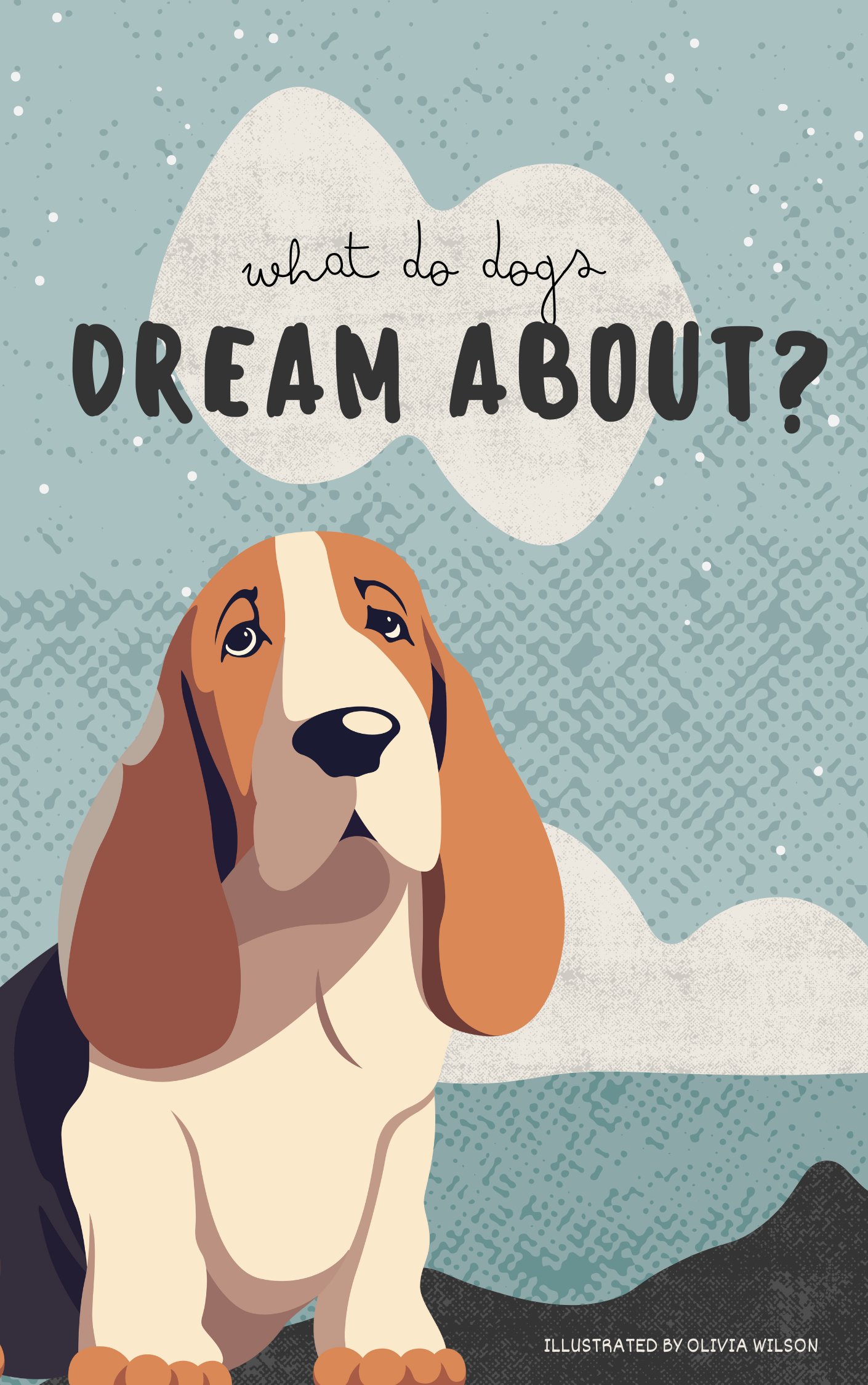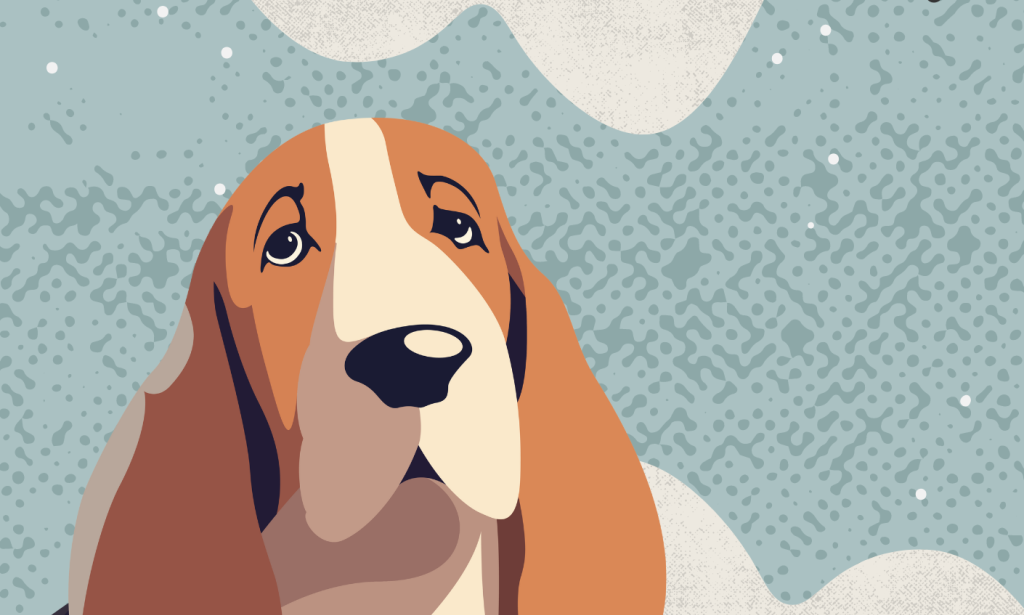
Does your dog twitch, whimper, and run in his sleep? Ever wonder what they dream about? Are they chasing squirrels, playing with their favorite toy, or maybe just acting out a day in the park? Well, from QuestMist comes an explanation of the fascinating world of canine dreams to let you know exactly what goes on in the mind of your furry friend when it is asleep.
The Science Behind Dog Dreams
Do Dogs Dream?
Yes, dogs do dream! Scientific studies have corroborated that dogs, like humans, go through REM sleep, rightly called the stage of sleep when most of our dreams appear. Actually, all mammals and some birds experience REM sleep; the reason probably is that dreaming pervades a lot of species lineages.
Ensuring a Proper Canine Sleep Cycle
Well, definitely like human beings, dogs have cycles of sleep that take them through REM and non-REM stages of sleep. However, duration and frequency might differ a bit in dogs. While human beings go through 90-minute cycles, with approximately 90 minutes of REM sleep every two hours, dogs have much shorter cycles. For instance, a dog goes through an average of about 15-20 minutes of REM sleep per 90 minutes. That certainly means dogs may get in and out of states of dreams more often during their sleep.
What Do Dogs Dream About?
Daily Activities
Similar to humans, dogs often dream about activities they go through daily. If your dog has gone out to play fetch, attended social hour at the dog park, or sniffed all kinds of new smells, those activities most likely feature in their dreams. Their brains actually replay these activities in REM sleep and hence could be the reason you add a movement of the leg portion of a dog as if he is running or hear them softly barking.
Emotional Experiences
Dogs are emotional animals, and their feelings can often be portrayed in the realms of dreams. One way through which good experiences—like being loved by their owners, playing, or being rewarded—can be translated into nice dreams. On the other hand, stressful events or fears may appear as nightmares. If your dog has had a particularly stressful day or has been experiencing anxiety, then you might notice them whimpering or acting out in distress while dreaming.
Instinctual Behaviors
Dogs maintain many of the instincts of their wild ancestors, and these can be acted out while they are dreaming. Hunting, foraging, and guarding behaviours could play out in their sleep. For example, a dog dreaming about chasing may be acting out the predatory behaviours of one of their forebears, wolves.
Signs Your Dog Is Dreaming
Physical Movements
The most obvious outward indication that your dog is dreaming is movement. It can range from tiny twitches and limb quivers to obvious running or tail wagging. These movements generally occur during REM sleep when the brain is very active.
Vocalization
They can also make noises: bark, whine, growl, or even howl while dreaming. These vocalizations are usually soft and brief, which would suggest that your dog is dreaming as opposed to reacting to his external environment.
Breathing Patterns
In sleep, your dog's breathing patterns will change. You might even catch moments where he is panting, having rapid breaths or maybe even stops breathing for a second. All these changes are in tandem with the heightened activity in the brain and the physical responses that occur during a dream.
Helping Your Dog Have Nice Dreams
Providing a Comfortable Sleeping Environment
Provide your dog with a comfortable, quiet, and safe place to rest. That small cozy bed would allow them to have restful sleep and sweet dreams, especially away from loud noises or other forms of disruptions.
Maintain a Routine
The implementation of the same routine regarding times of exercise, play time, and feeding can reduce anxiety in dogs and give them better rest. In addition, a well-exercised dog will sleep well, and often have quality sleep with good dreams.
Less Stress and Anxiety
In case your dog has recurring nightmares or disrupted sleep, then it is stressed or anxious. Recognition and targeting of the stressors might be environmental changes, separation anxiety, or medical problems which are affecting the general health and sleeping pattern of your dog.
Conclusion
Though we may never get to know what dogs dream about, evidence suggests that it is their everyday experiences, memories of emotion, and instincts that create the basis for dreams. By understanding the science behind their dreams and giving our furry friends a comfortable and non-stressful environment, we can set them loose for peaceful and pleasant dream-filled nights. Therefore, the next time you see your dog twitching or hear them softly barking in their sleep, you can imagine that they are happily chasing a ball or exploring a favorite place, lost in their own dream world.

Thanks
You must be logged in to post a comment. Please Login or Register .